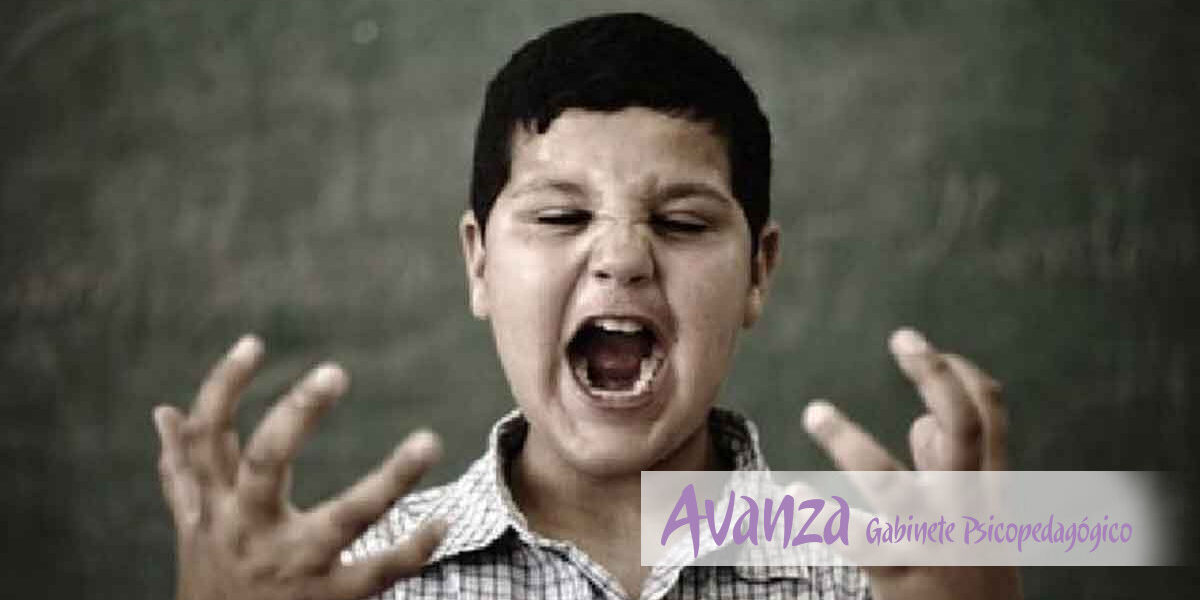Behavior has patterns of behavior that are constantly modified in the person. There are structures to which human beings are subjected as they advance in age. Some negative effects are attributed to this behavioral disorder that can alter the way an individual functions in society.
An individual is considered to have disordered behavior when he disturbs or disturbs his environment. This type of behavior affects the state of speech or the way of interacting, and attributes negative aspects that ultimately create psychological and social disorder and, in many cases, alters health. That is why it is important to know how to distinguish a behavioral disorder that is guided by psycho-pedagogical therapies from a problem that is attributed to family interaction traits, which in any case is also guided by a social diagnosis and psycho-pedagogical therapies.
TYPES OF CONDUCT DISORDERS
There are various types of disorders, in the case of behavior it is necessary to understand that it is an alteration that is not treated with exclusion. In most cases, people who suffer from some type of disorder do not control their behavior, they are not aware of the way they speak or act, so it is necessary to diagnose from childhood the asocial behaviors that boys/girls may present. to be treated with due professional attention.
There are many disorders that can be diagnosed in childhood:
- Panic attack,
- Post-traumatic stress disorder (PTSD),
- Obsessive compulsive disorder (OCD),
- Anxiety disorder.
The disorders are diagnosed from early ages (preschool). Many people suffer from some of these disorders without knowing it until adulthood. Psychological tests can help people discover the origin of some things that harm them when speaking, acting, or interacting. Although many of these disorders are passive, other disorders can be destructive.
Defiant disorder
Although some of the disorders do not represent any danger of aggression since they are passive and manifest themselves almost invisibly, others could be destructive, driven towards a defiant attitude, oriented towards self-destructive behavior disorders, that is, harm to oneself. Direct self-destructive behavior (CDA) is represented by hitting, tantrums, intentional injuries, cuts, burns, etc. These types of actions usually occur in adolescence, but they can be progressive, showing their initial stages in childhood.
Disruptive behavior usually appears in the initial stages characterized by rudeness, insolent speech, lack of cooperation, disobedient, aggressive, provocative, impulsive, haughty, and disrespectful attitude that increases if it is not diagnosed and treated psychopedagogically with the proper therapies.
Childhood conduct disorder
Not all behaviors that form irregularities with bad behavior are usually attributed to a disorder, although they are linked to poor education, so they should not be directed or diagnosed as a disorder without the necessary studies. Childhood behavioral disorders are classified as:
Oppositional and defiant disorder
Oppositional defiant disorder (ODD) is a behavioral disorder, commonly diagnosed in childhood, characterized by non-communitarian, defiant, negative, irritable, and angry habits toward parents, peers, instructors, and other people in positions of authority.
conduct disorder
For these disorders, the challenging attribution is directed towards the person in authority in a disobedient, hostile way.
Personality disorder
Personality disorders are usually associated with a group of mental difficulties, in which an individual has prolonged behavioral patterns in the way they think and feel, very dispersed to their own reality. This type of behavior can arise at any age, but it is more likely to arise during adolescence or adulthood.
The most common mental disorders are the following:
- Autism spectrum disorders
- Bipolar disorder
- Eating disorder
- Attention deficit hyperactivity disorder
- Phobias
- Anxiety disorders
- Panic disorders
- Schizophrenia
BEHAVIOR PROBLEMS
In the initial stage, behavioral problems are usually emotional and as the person advances in age they become more complicated until they become challenging or impulsive behavior. This type of behavior is usually expressed by adolescents. The base age to begin correcting or directing a child on their behavioral levels is the initial age; children are advanced towards exploring new things, and if they are not guided in the appropriate way and with the necessary psychopedagogy, the Behavior can be challenging and in more advanced stages it can be a problem for the family and for society, so behavior is related to the way it develops at different stages of its life.
Adolescents with behavioral problems
Adolescence is the most complicated stage of the human being, hormones, the growth process, the exploration of life and all the traits that influence puberty can cause adolescents to have behavioral problems.
Common problems in adolescence are usually the following:
- Depression because of your appearance, or the way you see yourself
- Abuse of prohibited substances
- Social phobia
There are usually some aspects of a teenager's life that become a disorder, such as the following:
- Anorexia Bulimia.
- Attention deficit disorder
- Oppositional defiant disorder
The objective of Avanza Gabinete Psicopedagógico is to offer treatments to treat different types of behavioral problems or disorders, focusing on children and adolescents, although we also provide advice and specific treatments for different problems in adulthood.



